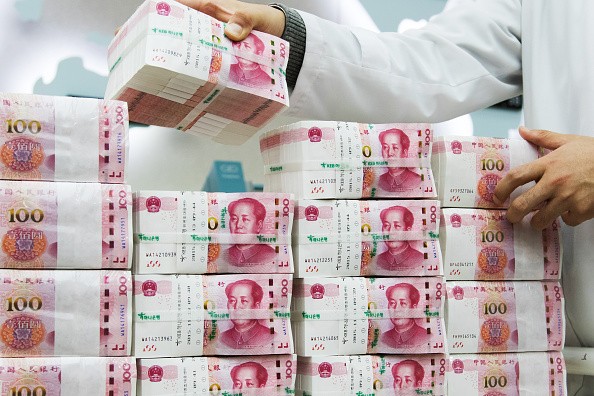China is planning to significantly decrease the number of sectors closed to foreign investment, according to a report by Star News Online.
A few of the financial sectors that are set to open up towards foreign trade are banking, insurance, investment banking, securities firms and payments.
However, Zhou Xiochua of the People’s Bank of China (PBoC), stated that countries need to be careful when investing in China and to treat the country fairly.
Beijing is currently in talks with several countries in Europe, ASEAN, and even Japan. Central topics revolve around the issue of bilateral trade and investment agreements.
In addition, China is anticipating the new administration of President Donald Trump to follow on a number of trade agreements.
Focus on tightening belts after period of loose monetary policy
Zhou also stated that countries that are interested in doing business with China must be strict with their fiscal policy and structural reform.
Moreover, many Chinese policymakers continuously insist prioritizing structural reform over intensive growth. Since January, PBoC has made significant efforts to control asset bubbles and raise primary money market rates.
According to Zhou, recent moves by the PBoC are required to streamline the fiscal relationship between central and local governments.
“Different provinces have different fiscal indicators. Some provinces are already over-indebted but some still have room,” Zhou explains, stating that China’s central government debt-to-GDP ratio is not very high.
Everything under control
Chinese vice-finance minister Liu Wei stated during a forum that China’s debt risks are under control. Beijing has been aggressive in tightening controls in recent years.
Controls were aimed at local government debt to contain risks from a previous excess in borrowing during the global financial crisis.
Furthermore, China has limited the size of outstanding local government debt at 18.8 trillion yuan ($2.73 trillion). This is an increase from the 17.2 trillion cap in 2016.



























